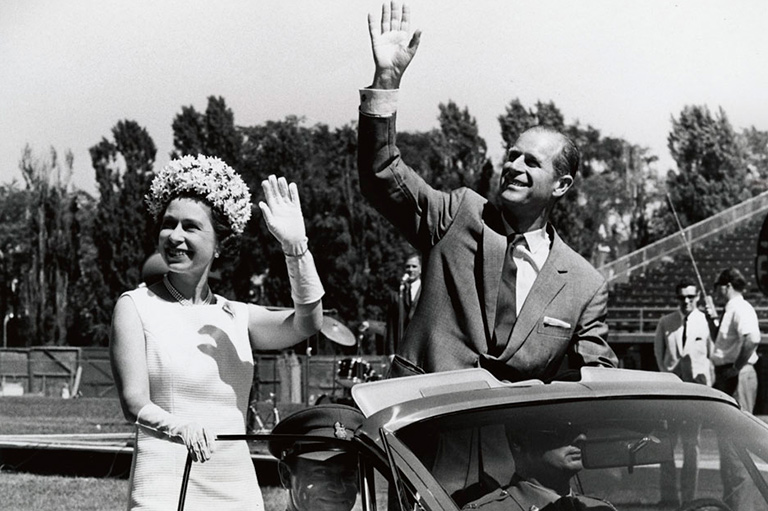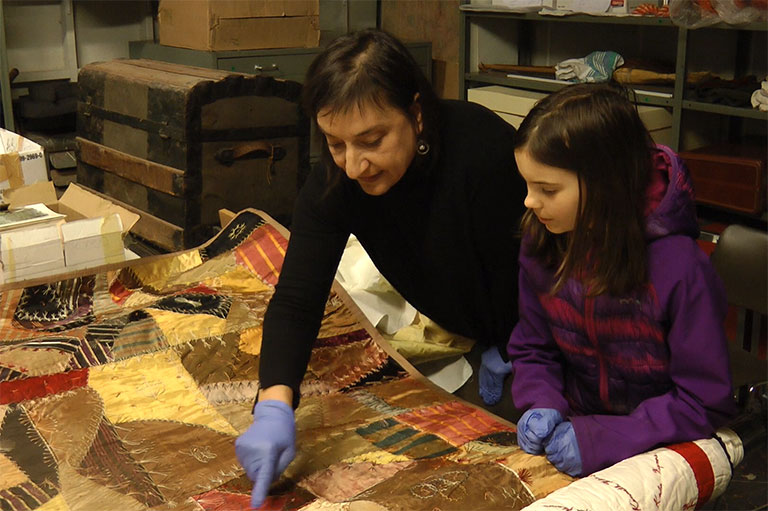The Right Plays
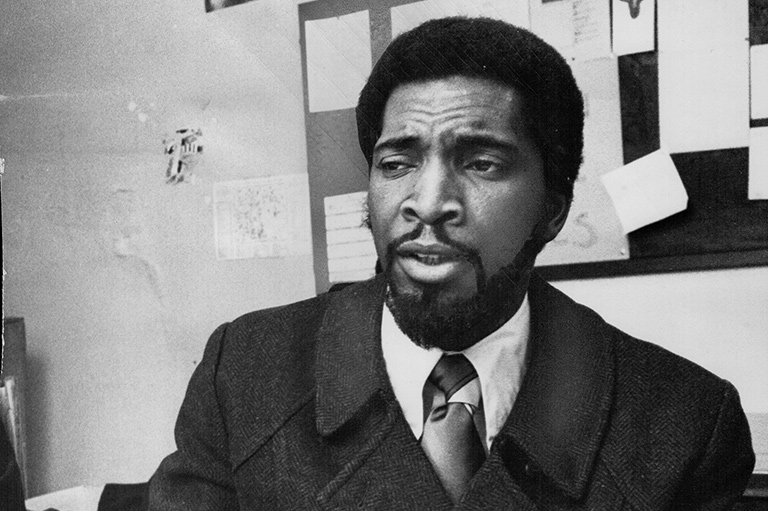
Burnley Allan “Rocky” Jones was twelve years old when he experienced his first civil-rights victory in his hometown of Truro, Nova Scotia. It was 1953, and young Rocky wasn’t allowed to play at the local pool hall with his white friends. But he didn’t leave: He stayed and watched until eventually the owner broke an unwritten rule and let him play.
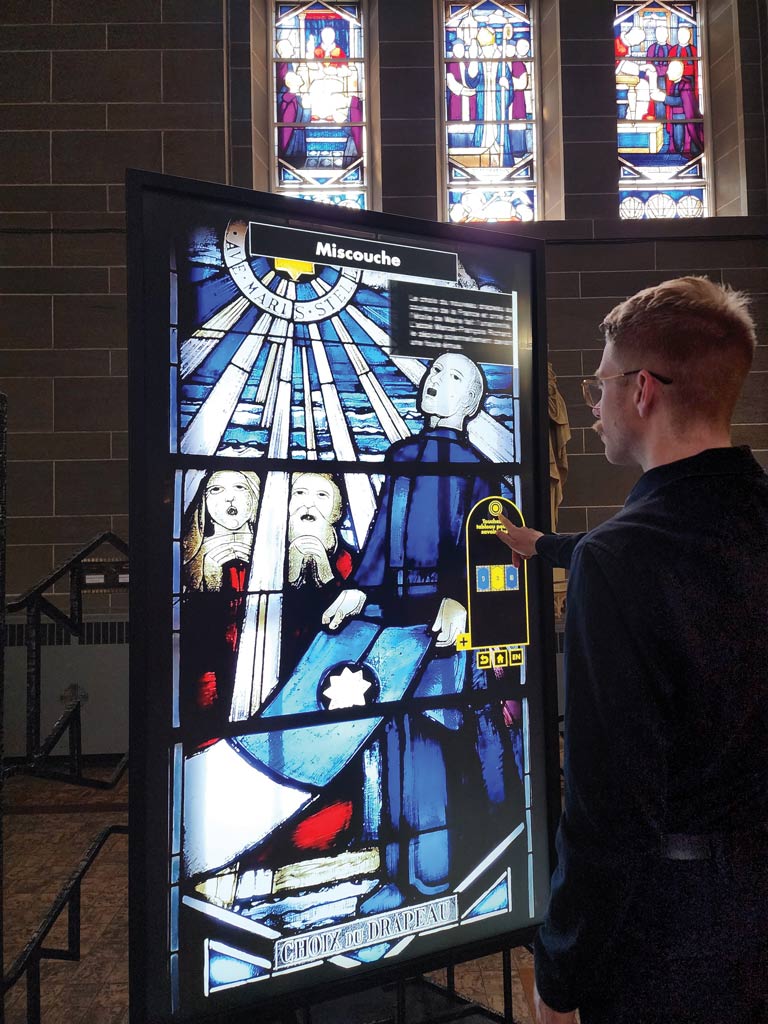
That early victory would lead him to a life of advocacy and activism — along with his wife, Joan Jones — in the name of advancing human rights. Their story is captured in Keeping Up With The Joneses, a new play written by Andrew Craig. Debuting at Halifax’s Neptune Theatre as part of its 2026 season, the production is made possible by funding from the River Philip Foundation through the John Bragg Award for Atlantic Canada. The John Bragg Award empowers Atlantic-Canadian communities to share the stories of inspiring people who have helped to shape the history and culture of the region.
Joan and Rocky Jones gained recognition in 1965 when they joined a protest for Black voting rights in Alabama at the American consulate in Toronto. That experience earned Rocky comparisons to Malcolm X, the leader of the Black Panther Party, an African-American activist party. More importantly, it set him on the path to becoming a leading lawyer and activist for Black and Indigenous rights in Nova Scotia. Joan played a crucial role, editing Rocky’s speeches and writing columns advocating for human rights in the Halifax Chronicle Herald.
Together, Rocky and Joan helped to found Kwacha House, a space for Black political and intellectual discussion, and, in 1968, the Black United Front of Nova Scotia, an advocacy and resource agency that aimed to educate, support, and empower the Black community. The couple also used their home as a site for organizing their political activities, leading to eleven years of surveillance by the RCMP.
Keeping Up With The Joneses is one of the three 2024 John Bragg Award recipients. The other two are:
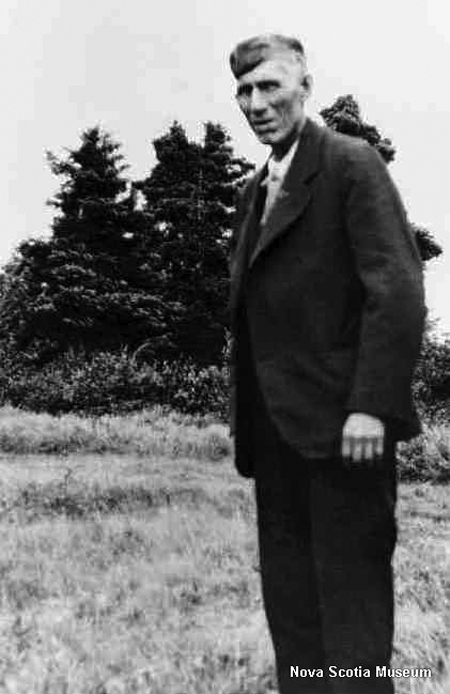
The Home of Grand Chief Gabriel Sylliboy, We’koqma’q First Nation, We’koqma’q, Nova Scotia. This project focuses on developing a short film to preserve the legacy of an important figure in the history of Canada-Mi’kmaq relations. Mi’kmaw Grand Chief Gabriel Sylliboy fought for the recognition of First Nations Treaty rights by the government of Canada.
L’épopée urbaine acadienne (The Acadian Urban Epic), Monument for Recognition in the 21st Century (MR21), Moncton, New Brunswick. When completed, this interactive website will document the economic, political, and cultural life of Moncton’s francophone community. The website will draw on archival sources and previously unpublished interviews to highlight Father Clément Cormier’s contributions to Moncton’s Acadian culture.
About the award
With 7 uniquely curated newsletters to choose from, we have something for everyone.
We hope you’ll help us continue to share fascinating stories about Canada’s past by making a donation to Canada’s History Society today.
We highlight our nation’s diverse past by telling stories that illuminate the people, places, and events that unite us as Canadians, and by making those stories accessible to everyone through our free online content.
We are a registered charity that depends on contributions from readers like you to share inspiring and informative stories with students and citizens of all ages — award-winning stories written by Canada’s top historians, authors, journalists, and history enthusiasts.
Any amount helps, or better yet, start a monthly donation today. Your support makes all the difference. Thank you!
Themes associated with this article
Advertisement
Save as much as 40% off the cover price! 4 issues per year as low as $29.95. Available in print and digital. Tariff-exempt!




